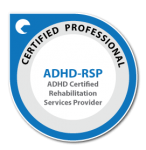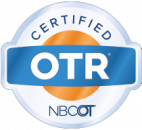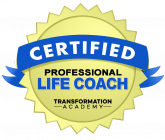

In my parent support group, in other online ADHD pages, in my parent coaching and in conversations with parents every day, I hear a common refrain: “I’m exhausted, I’m frustrated, I’m drained, I’m at my wit’s end.”
Parents of children with various high needs know the sentiment all too well. Make it an invisible diagnosis like ADHD, throw in the stigma of difficult behaviors, and now you have parents who are truly trying to get through each day with their own mental health intact.
I write a lot of blogs about how to help your child through behavior struggles, homework refusal, executive functioning skills and more. With Mother’s Day and Father’s Day approaching, I want to acknowledge the parents that work so hard for their kids, while putting their own needs at the back of the line. I want to give you permission to take care of yourself in the same kind and loving way that you take care of your children. I want you to feel seen and heard and supported.
Self-care doesn’t mean spa days, girl’s night out, dad’s only fishing trips or even date night. Sure, those things do recharge our drained batteries, make us feel human, and give us much-needed respite. But they don’t help us to manage the worries, anxiety, frustration, anger, sadness, and any other range of emotions that come along with being an ADHD parent. But it is not a luxury that you cram in between doctor’s appointments and school meetings and soccer practice. What self-care really means is taking the time to prioritize your own needs in every role that you play: not just mom or dad, but partner, worker, friend, family member and more. It means engaging purposefully in acts designed to promote physical, mental, or emotional well-being. Self-care helps you build resilience toward life’s stressors.
I will be holding a Parenting ADHD Workshop Series this summer. The workshops will be live and interactive, focused on tools that you can use immediately to help your child or teen. Each session will also offer parent support for self-care strategies. Please visit our upcoming classes to check for more information.




Copyright 2024 © Kids Empowered 4 Life. All rights Reserved.
All information on the Website is presented as informational only and is not a replacement for therapy assessment, diagnosis, intervention, or medical advice. The information provided on the Website is provided “as is” without any representations or warranties, express or implied. Kids Empowered 4 Life assumes no responsibility for errors or omissions that may appear in the Website.